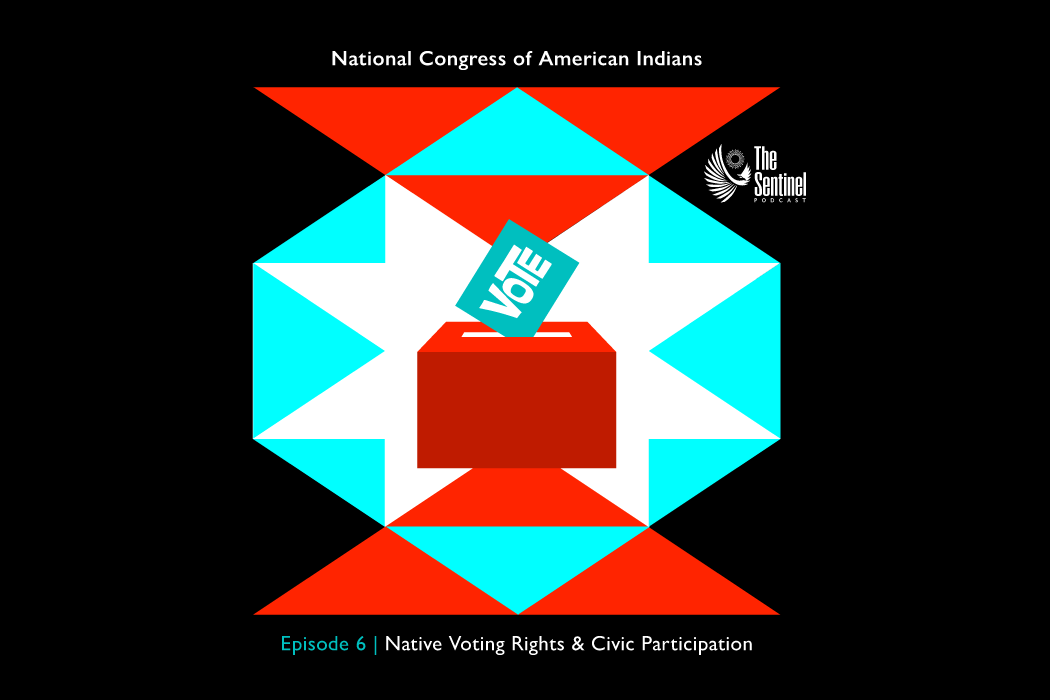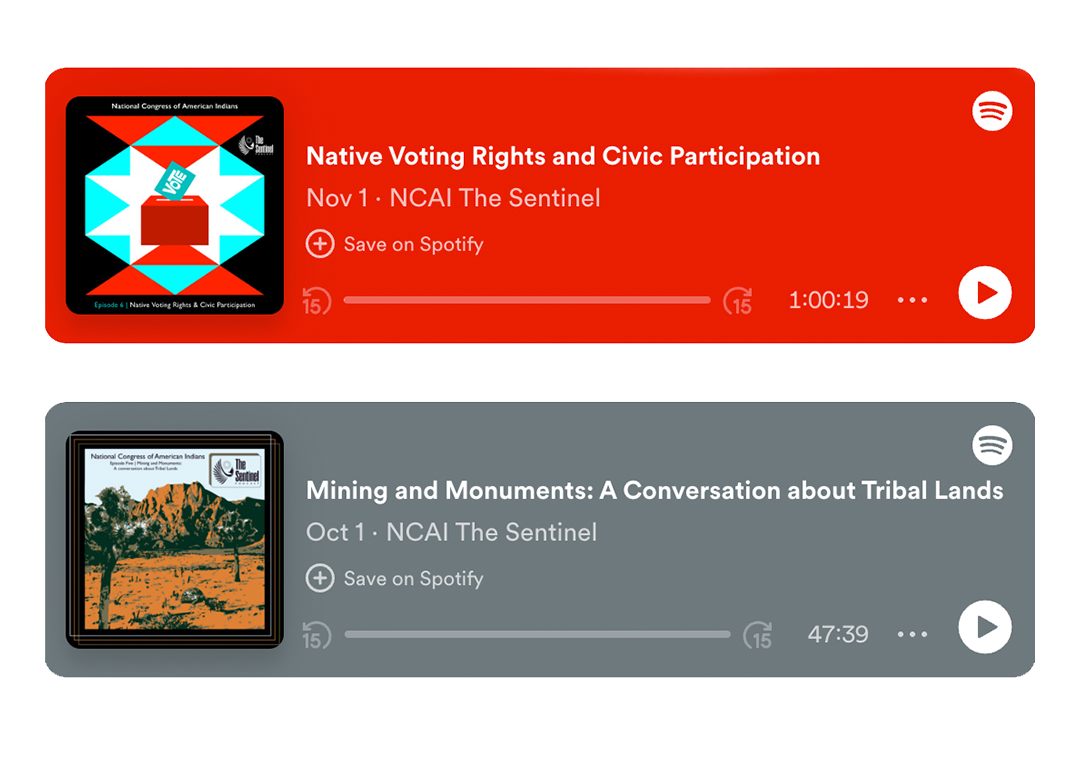Back to The Forefront

Podcast
·
November 2, 2023
Native Voting Rights and Civic Participation
Native Voting Rights and Civic Participation
In 1924, The Indian Citizenship Act was passed into law, extending citizenship to all Native people. However, even after the passage of this law, states still used a variety of means to disenfranchise American Indian and Alaska Native people. In 1928, Peter Porter and Rudolph Johnson, citizens of the Gila River Indian Community in Arizona, attempted to register to vote and were turned away. They were denied on the basis that they were not subject to the law of the state, because they lived on a reservation and did not pay state taxes. They were therefore considered “persons under guardianship” of the federal government, which according to the state’s logic, made them ineligible to vote.

